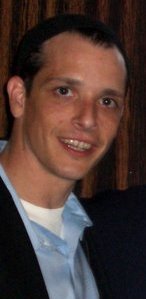
Ty Alhadeff is the new Sephardic Studies Coordinator.
Ty Alhadeff is joining the Sephardic Studies Program of the UW Stroum Center for Jewish Studies as its first official staff member.
Alhadeff, a Seattle native with a BA in Political Science from UW (2001) and an MA in Jewish Studies from the Hebrew Univesity of Jerusalem (2007), has been working part-time for Prof. Devin Naar for the past year. His primary responsibility has been to to create a digital catalog for the Ladino library and archive that is a central thrust of the Sephardic Studies Program. Thanks to Alhadeff’s hard work, the library now has over 600 entries for Ladino artifacts that make the University of Washington home to one of the largest repositories of Sephardic research materials in the country.
Going forward, Alhadeff, also a member of Seattle’s Congregation Ezra Bessaroth, will have an expanded portfolio as the Sephardic Studies Coordinator. He will manage the digitization of the library, develop a campus-wide Sephardic Studies faculty, mobilize student interest in Sephardic Studies, serve as a liaison with community institutions, and contribute to the broader communications and outreach goals of the Stroum Center for Jewish Studies.
Both Jewish Studies and Sephardic Studies at UW have been part of an exciting expansion this fall. The creation of the Sephardic Studies Founders Circle, in recognition of the rapid development and groundswell of community support for Sephardic Studies, along with the strong support of the Stroum Center for Jewish Studies, have made Alhadeff’s hire possible. The combination of campus and community support have also spurred an upgrade in the institutional status of Sephardic Studies: now, rather than an Initiative, Sephardic Studies constitutes an official Program of the Stroum Center for Jewish Studies in the Jackson School of International Studies at UW. Prof. Devin Naar, the Marsha and Jay Glazer Endowed Chair in Jewish Studies and Assistant Professor of History, will serve as the first chair of the newly inaugurated program.
Alhadeff said he was honored to take on this new position at such a pivotal time of growth for Sephardic Studies at UW. He explained, “In a relatively short time, Devin Naar and the Stroum Jewish Studies faculty and staff have inspired further investigation into the world of Ladino literature and culture, quickly rising to achieve the goal of becoming a world-class center for study. In building the Ladino library, we have received a tremendous amount of documents from across the community, from liturgical and rabbinic texts to romance novels to translations of Shakespeare. I look forward to assisting the Center as it continues to build more programs and initiatives that are both fun and intellectually intriguing, and to bridging between the university and the incredible wealth of knowledge and resources found right here in Seattle’s Jewish community. By organizing and disseminating the materials, we will be able to give back to the local community, which has so generously supported Sephardic Studies at the UW by being able to present to them the beautiful Sephardic legacy that their parents and grandparents entrusted.”
Naar expressed delight about the addition of a full-time staff member for Sephardic Studies and the new possibilities on the horizon for his program. “Bringing Ty on board will enable us to expand the opportunities for research, student involvement, and community engagement in Sephardic Studies. With his added skills, knowledge and dedication, we move one step closer to becoming one of the major centers for Sephardic Studies in the country—and beyond. I look forward to collaborating very closely with him and with the rest of our Jewish Studies team. To Ty, I say: Ke vengas en ora buena!

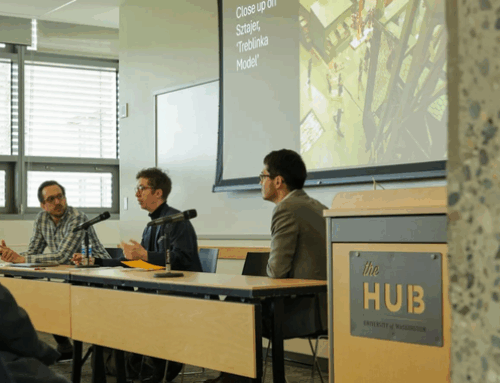
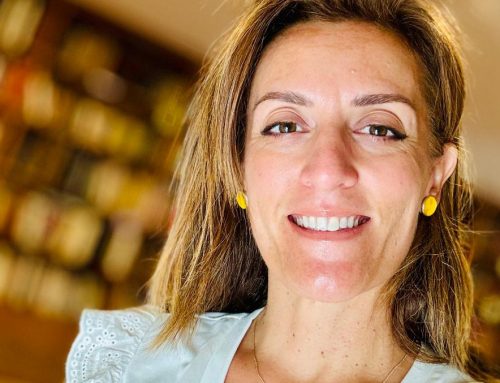

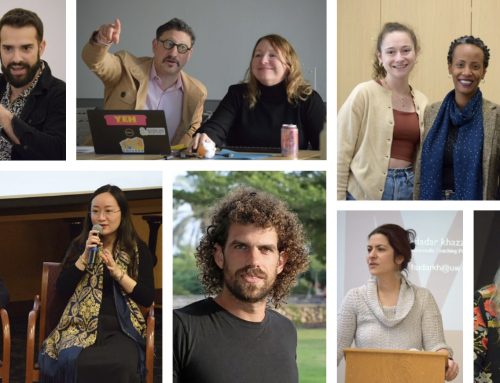
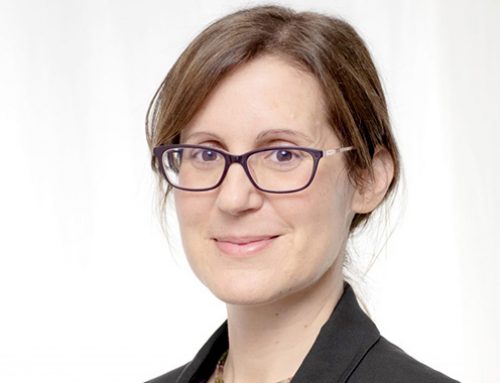

I would like a copy of “Turkinos beyond the Empire: Ottoman Jews in America 1893-1924